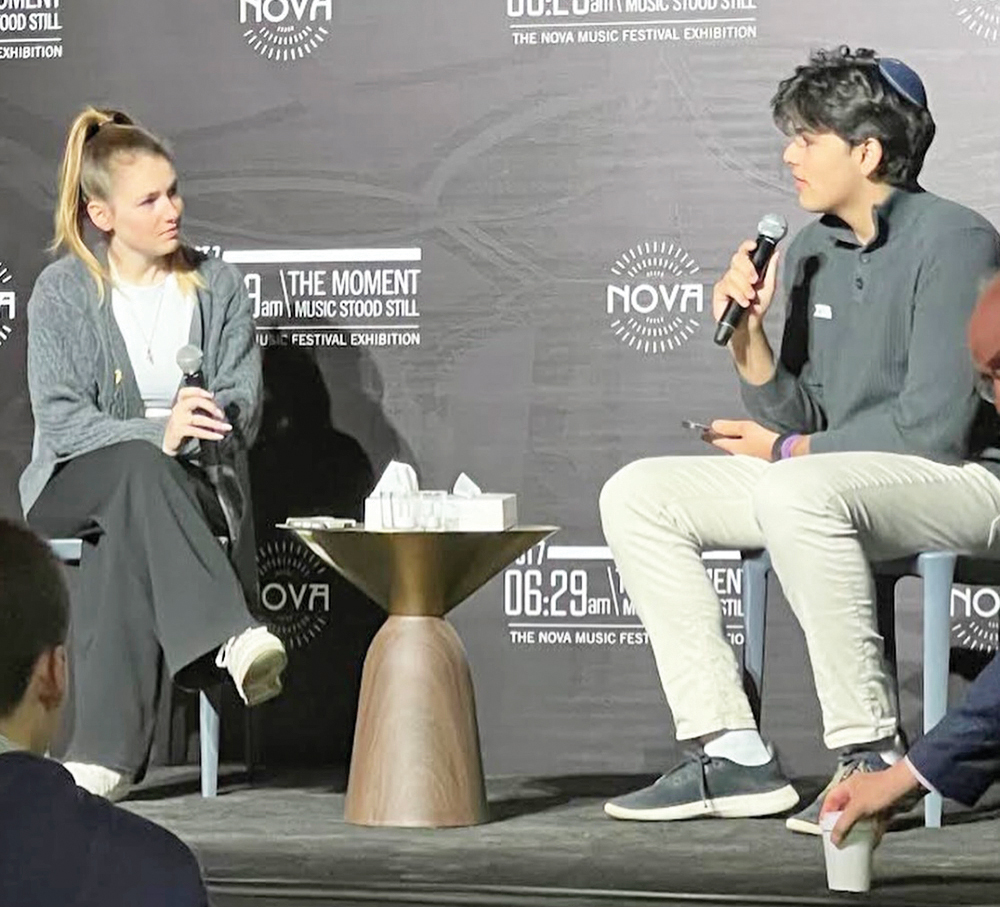To the Editor:
As CEO and owner of an Executive Search firm, The Joel Paul Group, I read with interest Y. Lieber’s article (7/17, p.69). I agree with all his advice to candidates writing a résumé, except one.
I receive feedback from hiring managers that the “Objective” section of a résumé is not needed. They view it as filler. Simply stated, when a candidate applies for a job (e.g., accountant, fundraiser, or educator), that is their objective: to get the interview and eventually be the candidate of hire. There is no need to state an objective.
Two more reminders: If you add the link to your LinkedIn profile on your résumé, you must insure that your printed résumé matches your LinkedIn profile. Different titles, dates, or leaving out a prior job, raises a “red flag” to a hiring manager.
Lastly, when emailing your résumé, you should send it as a .pdf (not as a Word document, unless so requested by the hiring manager). Word documents may print out differently on the reviewer’s printer. A .pdf insures that the way you saved the document is the way it will be viewed by the recipient.
Willie Hochman Fair Lawn, NJ
To the Editor:
One of the fundamental teachings of Judaism is the idea that there is meaning in all historical events. This meaning refers to a divine design, a master plan that encompasses all of history.
It is in the days commemorating the destruction of the Beis HaMikdosh and of Yerushalayim in the year 70 A.D. that our consciousness of history and its meaning should be raised. The Beis HaMikdosh and Yerushalayim were destroyed and millions of Jews were murdered, taken into slavery, starved to death, and exiled across the Roman Empire. The rabbis concluded we were punished because of our sins. Several sins were suggested, but the overwhelming opinion was the sin of disunity, unjustified hatred, and a lack of feeling responsible one for the other. We all too often fail to see that every person is created in the image of God. Pride, envy, anger are the real sins. These are not petty moral sins but basic tenets of the Jewish religion, and a failure in our relationships is a failure as Jews.
American Jews live in an age of relative prosperity, health, and happiness. It is not easy to reflect on what appears to be ancient history. Yet at every moment, with every person we meet, perhaps we can be a little more sensitive and accepting; possibly give assistance to a person in need—and maybe even love each person a little more.
Traditionally, each year Jews remember the destruction of the Beis HaMikdosh and Yerushalayim on Tisha B’Av. It is a day of reflection on our national and historical tragedies, including the Holocaust, Crusades, and pogroms. It is a time to think how we can improve ourselves, our communities, and the world; and even how to guard our speech from hurting others.
Rav Joseph Soloveichik teaches that Judaism developed a very peculiar philosophy of memory, an ethics of memory. Memory is not just the capacity to know events that lie in the past, memory is experiential in nature; one does not simply recollect the past, but re-experiences that which has been. Just like during Passover one must see himself as if he himself left Egyptian slavery, so too one should attempt to re-experience the destruction of the Temple, Jerusalem, our dispersions, and all the pogroms and holocausts.
Every expression of traditional Judaism envisages a happy ending, from the sociological message of the prophets to the mystical message of the Kabbalists. The rabbis assert that the anniversary of the day of the destruction of the Temple would be the birth date of the Messiah. Perhaps we can help rebuild Jerusalem and bring the messianic era of world peace.
Martin Polack Teaneck, NJ
To the Editor:
As we are getting ready for Shabbos, it is appropriate for me to take a few moments and reflect upon the unique events of this week. I know that all of us are constantly davening and looking for ways to assist our beloved soldiers, risking their lives to protect all of us.
Although what I will share with you is only a small part of the overall effort to defend the Jewish people, Hashem watches and accepts all of our actions. Recently, we received 500 pairs of tzitzis strings and camouflaged (green colored) garments to assemble for the chayalim. This request came from the army, as many soldiers wanted the zchus of this mitzvah as they went out to battle. At precisely the moment our soldiers were entering Gaza, NCSY kollel boys were completing these tzitzis to be delivered to the soldiers on the front lines. I couldn’t help but tear throughout the tzitzis making, as I watched our young campers and counselors learn invaluable life lessons of achdus, Ahavas Am, and Eretz Yisrael.
In Parshas Matos, Pinchas, a Kohen Gadol—the spiritual leader of Klal Yisrael at that time—accompanies the troops to battle. We learn from here, that as we fight for the safety and security of Klal Yisrael, we must always approach the battle using two powerful fronts, a physical and spiritual one.
Let us continue to find ways to improve our individual and collective Avodas Hashem during these trying days. May Hashem protect His people and ultimately restore His peace over all of us.
Wishing everyone a Good Shabbos.
Rabbi Zvi Sobolofsky Bergenfield, NJ













